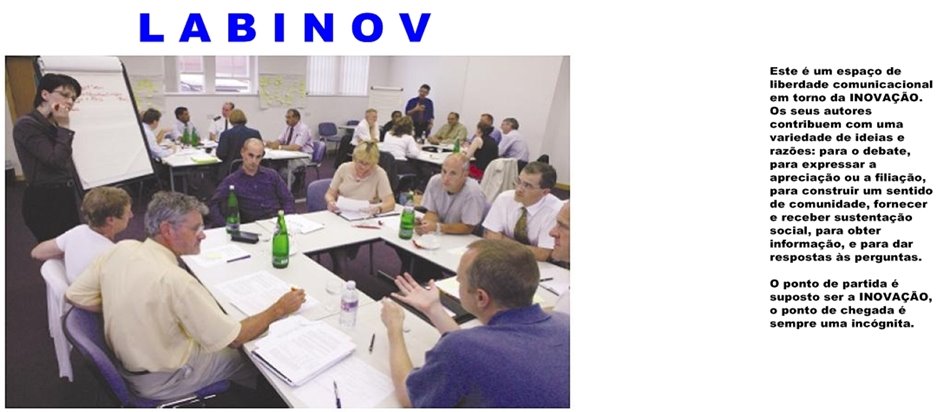
RegioSustain - http://www.regiosustain.net/
Trata-se de uma rede inter-regional criada pela iniciativa InterregIII. Combinando 14 parceiros públicos e privados e instituições de investigação das regiões e cidades de 5 Estados-Membros.
Mais precisamente, o projecto visou realçar o saber-fazer e os instrumentos necessários disponíveis para utilizar eficazmente a biomassa na produção de energia e como ferramenta para o desenvolvimento sustentável, bem como para sensibilizar os intervenientes locais e regionais e o público em geral.
Partners
14 partners from five countries (
- district Annaberg (Germany),
-district Złotów (Poland),
- region of Slovenske Gorice (Slovenia) and
- the city co-operative 'Little Triangle' (Czech Republic, Germany and Poland),
on the other hand the partners are experts coming from different institutions:
- Leibniz-Institut für Länderkunde e.V., Leipzig
- Bundesanstalt für Agrarwirtschaft, Wien
- Institut für Internationale Forst- und Holzwirtschaft der TU Dresden
- Zveza Društev Za Biomaso Slovenije, Jarenina
- Stadtwerke Zittau GmbH
- Zavaod Za Gozdove Slovenije, Murska Sobota
- Kmetijsko Gozdarski Zavod, Murska Sobota
- Institut für Energetik und Umwelt gGmbH, Leipzig
Apart from these official project partners there are numerous partners that could be won within the implementation of RegioSustain, e.g. the members of the Regional Working Groups.
Objectives
- for the continuous exchange of experience and
best-practice-examples between the project regions;
- for a specific region related transfer of know-how.
- by providing alternative sources of income;
- by improving the competitiveness of agriculture and forestry
- taking into consideration the principle of sustainable development.
●Stabilisation of disadvantaged regions by the establishment of regional economic cycles
From Biomass to Energy – Sustainability for Regional Economic Cycles
The increase in regional disparities within the New Member States of the European Union being stired up by the process of transformation requires new approaches in the field of regional devel-opment. Disadvantaged regions should be increasingly concerned about taking the initiative for endogenous development processes.
Experiences show that the cultivation of biomass can trigger processes of endogenous devel-opment by initialising regional economic cycles, especially in regions that are dominated by agri-culture and forestry. The whole value added - from the cultivation of biomass to the energetic utilisation and consumption - remains in the region.


No comments:
Post a Comment